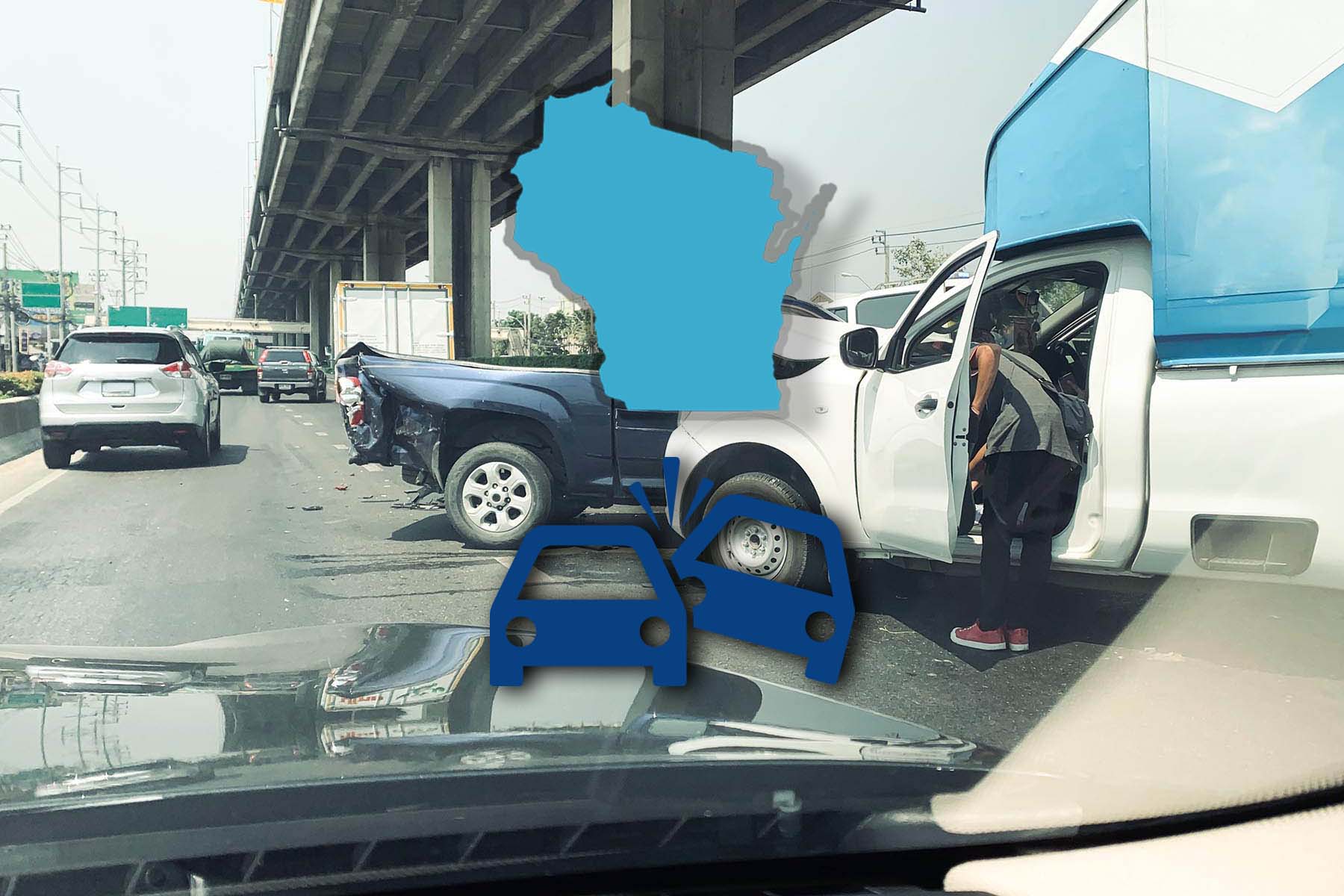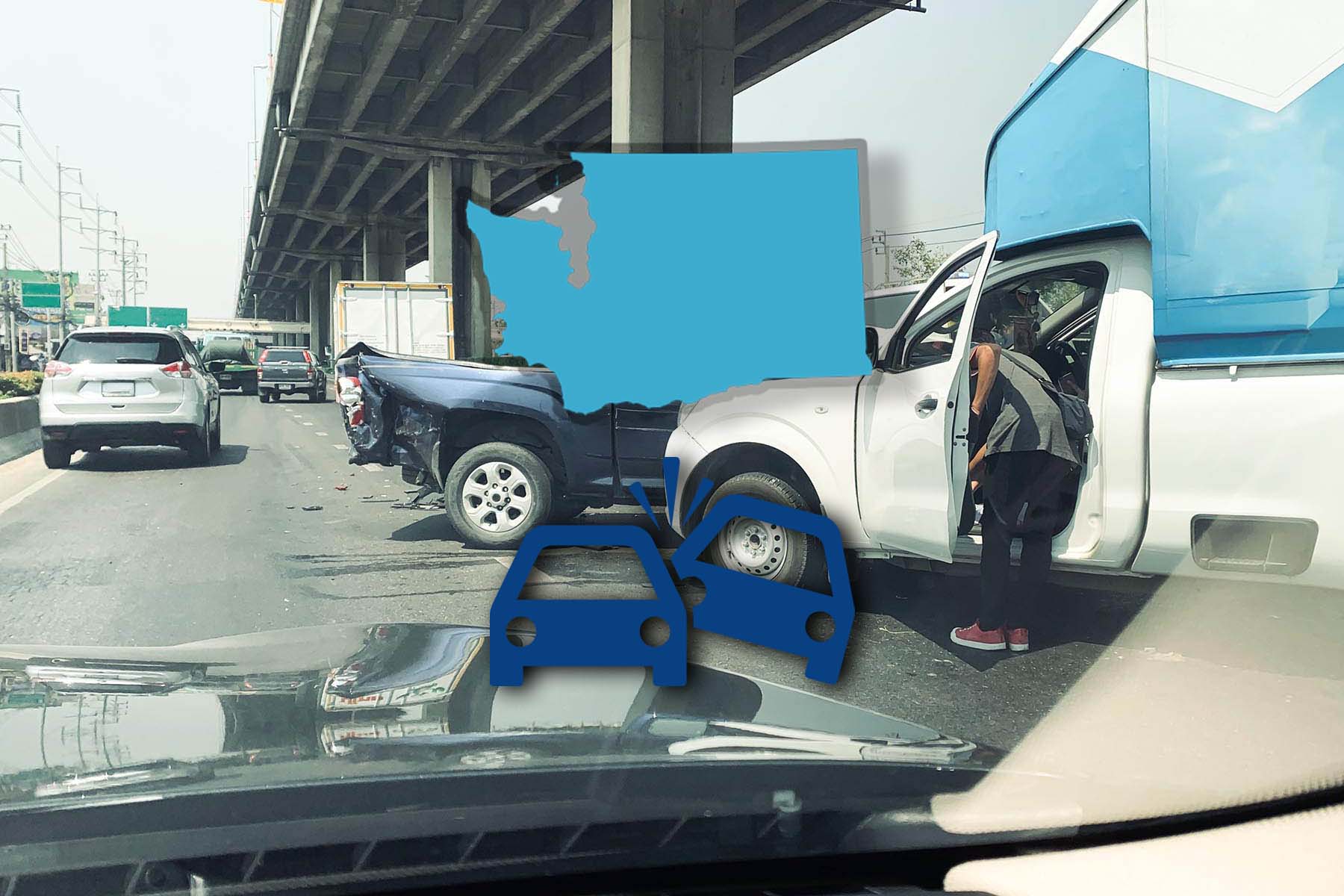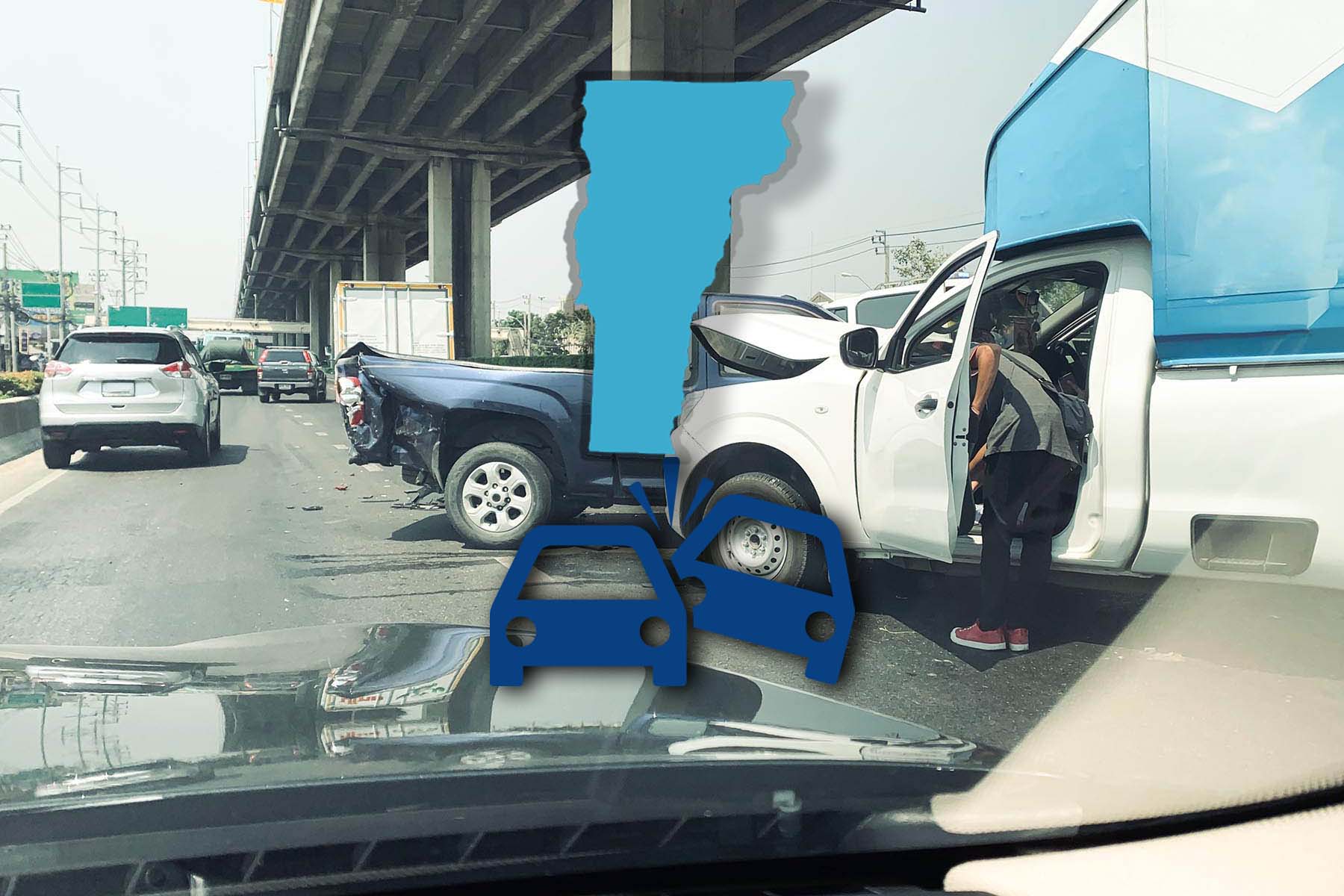Murder Sentencing Guidelines – Minimum to Maximum for Every State
Skip to State by State Overview of Murder Sentences The minimum and maxiumum sentence for murder varies depending on the jurisdiction and the specific degree or classification of the murder charge. In the United States, for example, minimum sentences can differ significantly among states and even within different degrees of murder (e.g., first-degree, second-degree, and … Read more








